Rwanda
Rwandans will be casting ballots to elect the country’s president for the next seven years. The process has a local and global component to it. Overseas voting takes place today, August 3, whiles back home eligible voters will cast their ballots on Friday, August 4.
Campaigning over the past weeks have been held in different parts of the country as the three aspirants cleared by the National Electoral Commission (NEC) canvassed for votes. The process has largely been peaceful.
The incumbent, Paul Kagame, leads the Rwandan Patriotic Front (RPF) and is up against two other contenders. Frank Habineza of the main opposition Democratic Orange party and an independent candidate, Phillippe Mpayimana.
Here are some key facts about the voting process:
1. The voter eligibility age is 18 years and above, a person must be registered to take part.
2. Aside the voters ID card, the national ID card could be presented so far as a person is registered.
3. At the polling station, a voter who is duly registered will be handed a ballot paper.
4. Since it is a secret ballot as is usually the case across the world, the voter goes into a booth and makes their choice before dropping their ballot into a transparent ballot box.
5. The means of casting vote is by thumbprint, the NEC confirms that there is the braille option for the visually impaired and all voting centers are disability friendly.
6. Polls will be opened over an eight-hour period, from 7am till 3pm. Counting and declaration of results will be done immediately after.
7. The NEC says about 80% of results will be known hours after the vote and people will go to bed knowing who is winning.
“On election day, we are going to announce, at least 80% of the votes cast. This means that people will go to bed knowing who has won but the final results will be announced a few days later,” a top NEC official told local media.
Other facts about the process – phones, ballot papers and persons ineligible to vote
The NEC advises people after casting their ballots to leave the polling stations adding that they are free to return to observe vote counting and results declaration.
Phones are allowed into the voting booth but taking photos in the booth is illegal.
Aside polling and security officials, registered observers and representatives of candidates are the only group of people allowed to remain at the station during the voting process.
Talking politics at the polling center is prohibited and a person can only vote if he/she shows up physically – proxies are not allowed.
A person is entitled to just one ballot paper, if damaged for whatever reason there will be no replacement.
Category of persons ineligible to vote are; unregistered adults, persons below 18 years, non-citizens, refugees, prisoners, persons whose voting rights have been revoked by a court due to a crime and persons serving punishment for their involvement in the genocide.



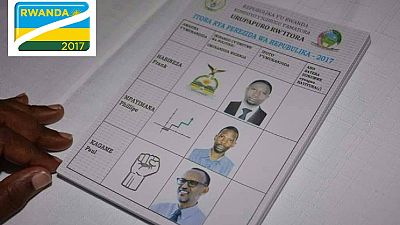

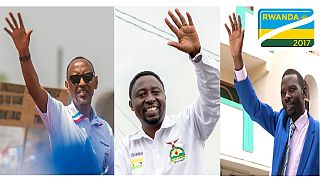
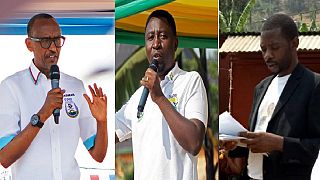
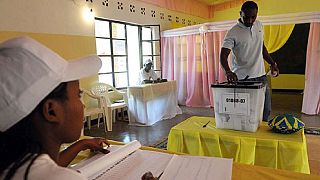
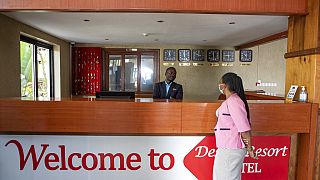


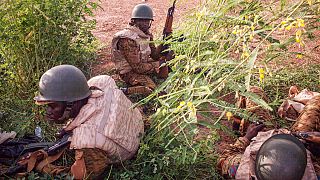

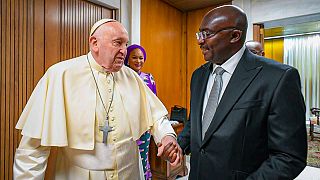
Go to video
Botswana rejects controversial UK proposal on asylum-seekers
Go to video
Expulsions in Rwanda: genesis of a controversial bill
01:09
Asylum seekers fearful after Britain approves Rwanda deportation bill
01:14
South Africa: Another loss for ANC to stop Jacob Zuma's MK party
01:53
First deportation flights will leave UK for Rwanda in 10-12 weeks, Prime Minister Sunak pledges
02:47
Unraveling the political threads: Inside South Africa's Complex Election Landscape